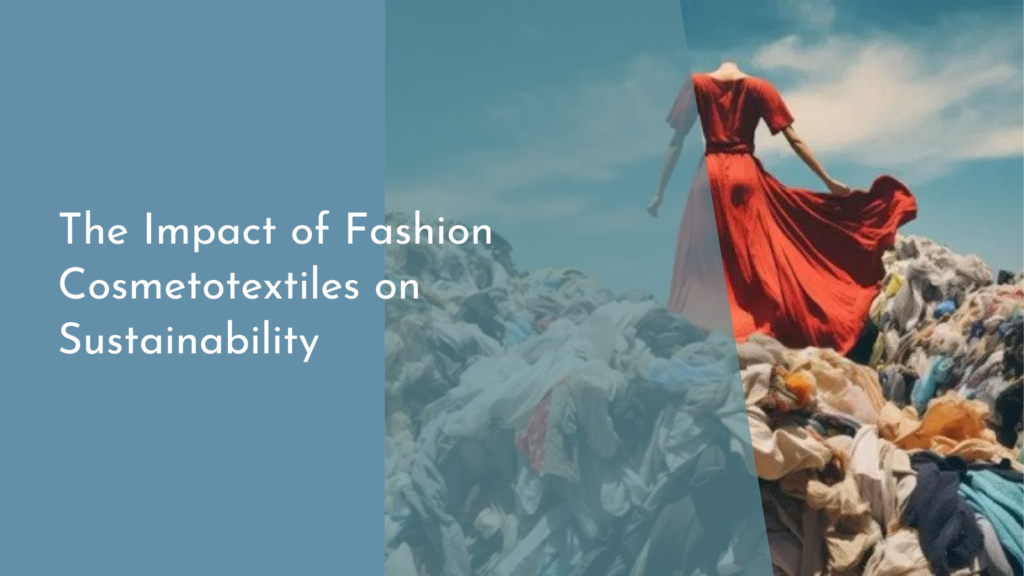Fair Trade Certifications: What They Mean
In recent years, the concept of fair trade has garnered significant attention from consumers seeking to make ethical purchasing decisions. Fair trade certifications serve as a beacon for these conscientious shoppers, providing assurance that the products they buy meet rigorous social, environmental, and economic standards. This article delves into the essentials of fair trade, exploring the major certification organizations, the profound impact fair trade has on communities worldwide, and the value of embracing these principles in our everyday lives.
Understanding the Basics of Fair Trade
Fair trade is a movement aimed at promoting greater equity in international trading partnerships through dialogue, transparency, and respect. At its core, fair trade seeks to provide better trading conditions and secure the rights of marginalized producers and workers, especially in the Global South. This involves fair pricing, ethical working conditions, and sustainable practices. Fair trade certifications ensure that these standards are met, giving consumers confidence that their purchases promote positive change.
The certification process involves a thorough evaluation of production practices, requiring adherence to strict guidelines that protect the rights and welfare of workers and the environment. Certification marks on products, such as coffee, chocolate, and textiles, signal to consumers that these goods have been produced under conditions that uphold fair trade principles. This transparency fosters accountability and trust, encouraging more ethical consumption patterns.
Key Fair Trade Certification Organizations
Several organizations play a pivotal role in the fair trade movement by offering certification programs that vary slightly in their focus and criteria. Among the most recognized are Fairtrade International, which operates globally with a strong emphasis on social and economic rights, and Fair Trade USA, which is known for its rigorous standards and wide reach in the American market. Each organization sets specific criteria that producers must meet to achieve certification, ensuring that fair trade principles are upheld.
Another notable organization is the World Fair Trade Organization (WFTO), which differs from others by focusing not only on products but also on the practices of entire organizations. WFTO certification is awarded to organizations that demonstrate a commitment to fair trade principles throughout their entire supply chain. Similarly, Rainforest Alliance focuses on environmental sustainability, working to ensure that ecosystems are preserved and biodiversity is protected. These organizations collectively drive the fair trade movement forward, each contributing unique strengths and perspectives.
The Impact of Fair Trade on Communities
Fair trade has a transformative impact on the communities involved in producing certified goods. By ensuring fair wages and decent working conditions, fair trade helps lift producers and workers out of poverty, enabling them to build better lives for themselves and their families. Access to education, healthcare, and improved living standards are some of the tangible benefits that fair trade can bring to these communities, contributing to long-term development and resilience.
Moreover, fair trade encourages sustainable agricultural practices that protect and preserve the environment for future generations. By promoting the use of eco-friendly methods and reducing reliance on harmful chemicals, fair trade helps combat climate change and maintains biodiversity. This commitment to environmental stewardship ensures that communities not only prosper economically but also enjoy a healthier and more sustainable environment.
Conclusion: Embracing Fair Trade Principles
Choosing to support fair trade is more than just a purchasing decision; it is a powerful statement of solidarity with producers and workers around the world. By embracing fair trade principles, consumers can contribute to a more equitable global economy that prioritizes human dignity and environmental sustainability. This commitment to fairness and justice in trade practices benefits everyone involved, creating a ripple effect of positive change.
The journey towards a fairer world is one that requires collective effort and a willingness to make informed choices. With fair trade certifications serving as a guide, consumers have the opportunity to stand for ethical practices and support the wellbeing of the people and planet. As awareness and demand for fair trade products continue to grow, so too does the potential for fostering a more just and sustainable global community. Embracing fair trade is not just a trend; it’s a movement towards a better future for all.


